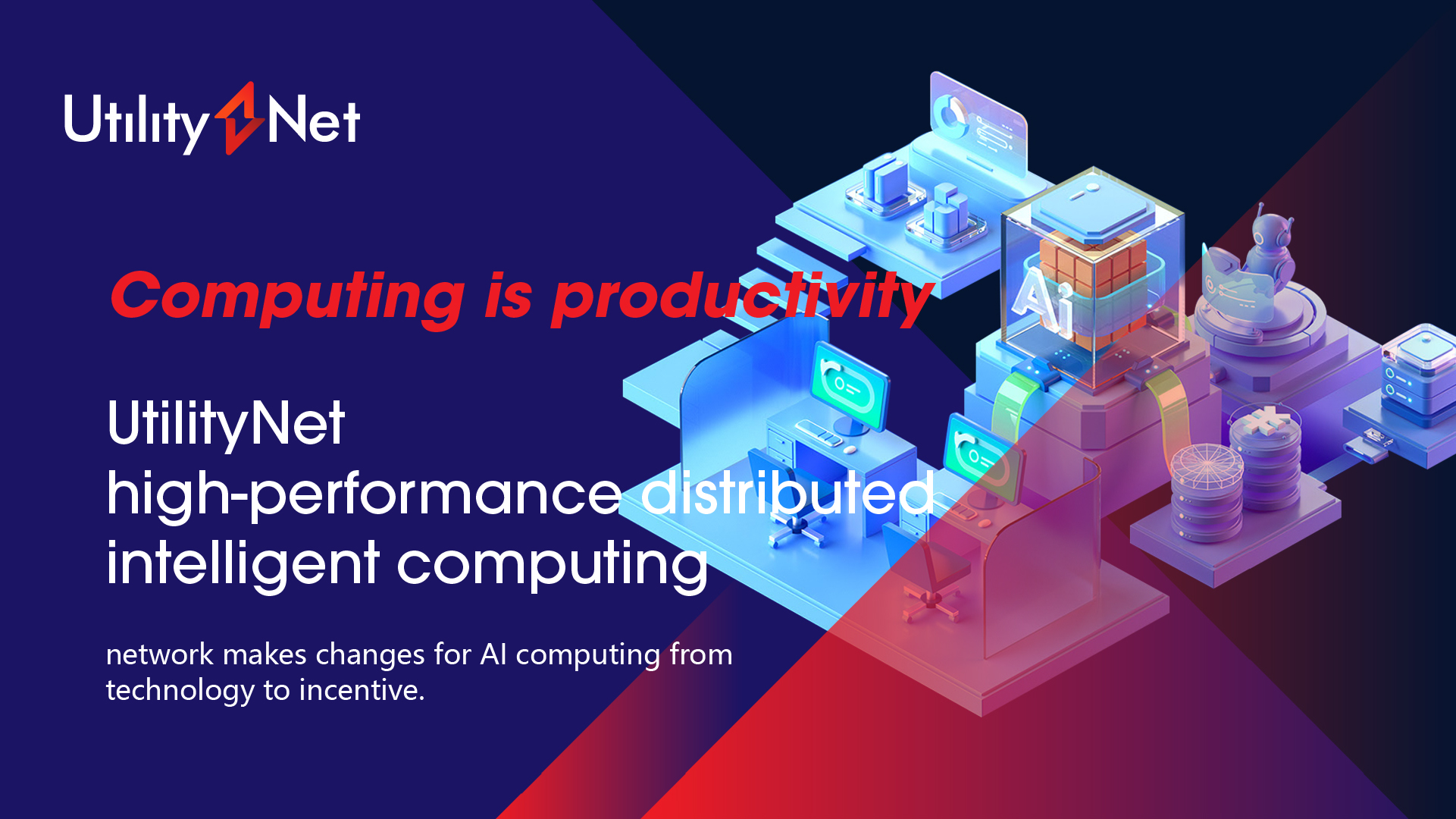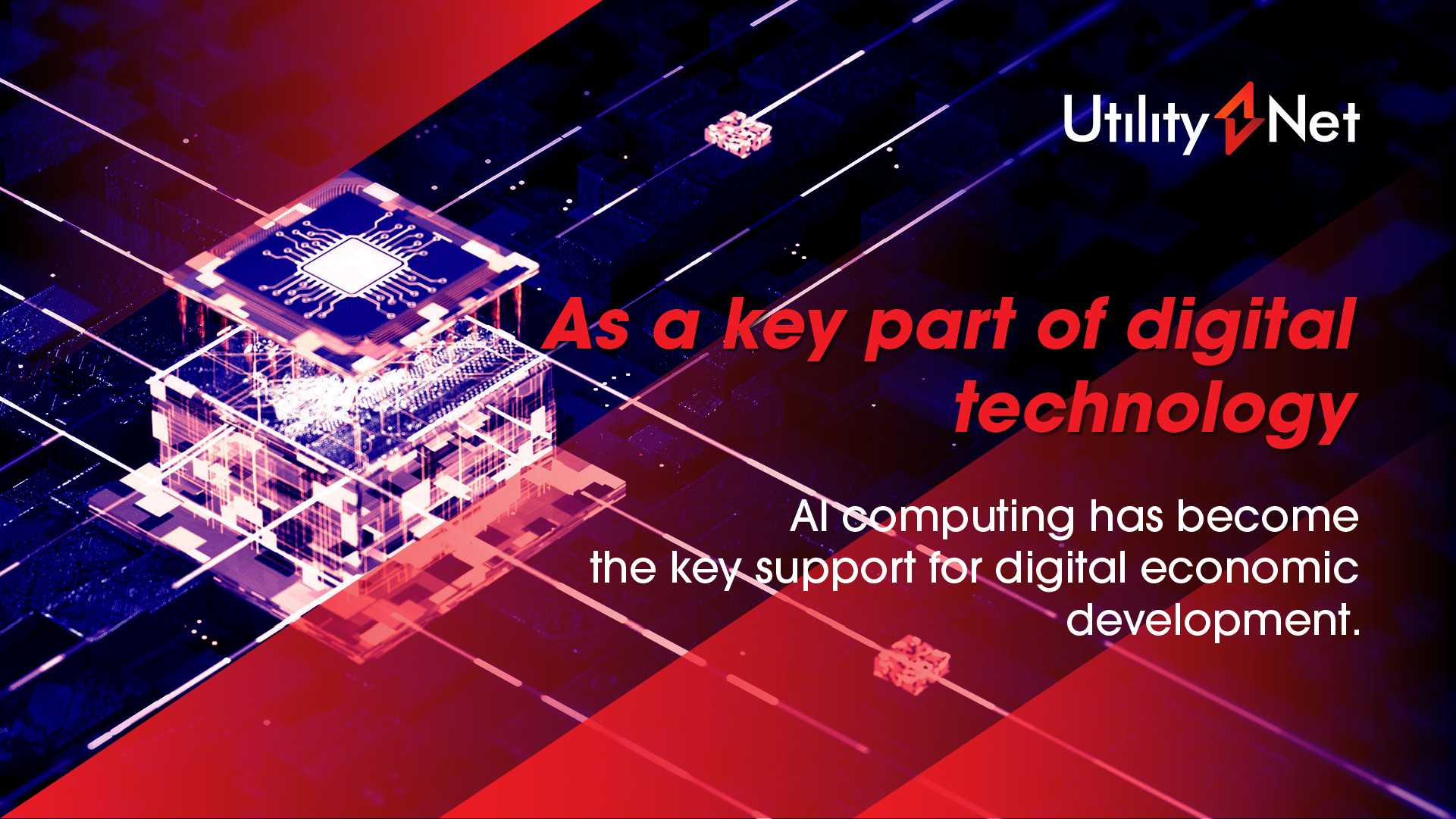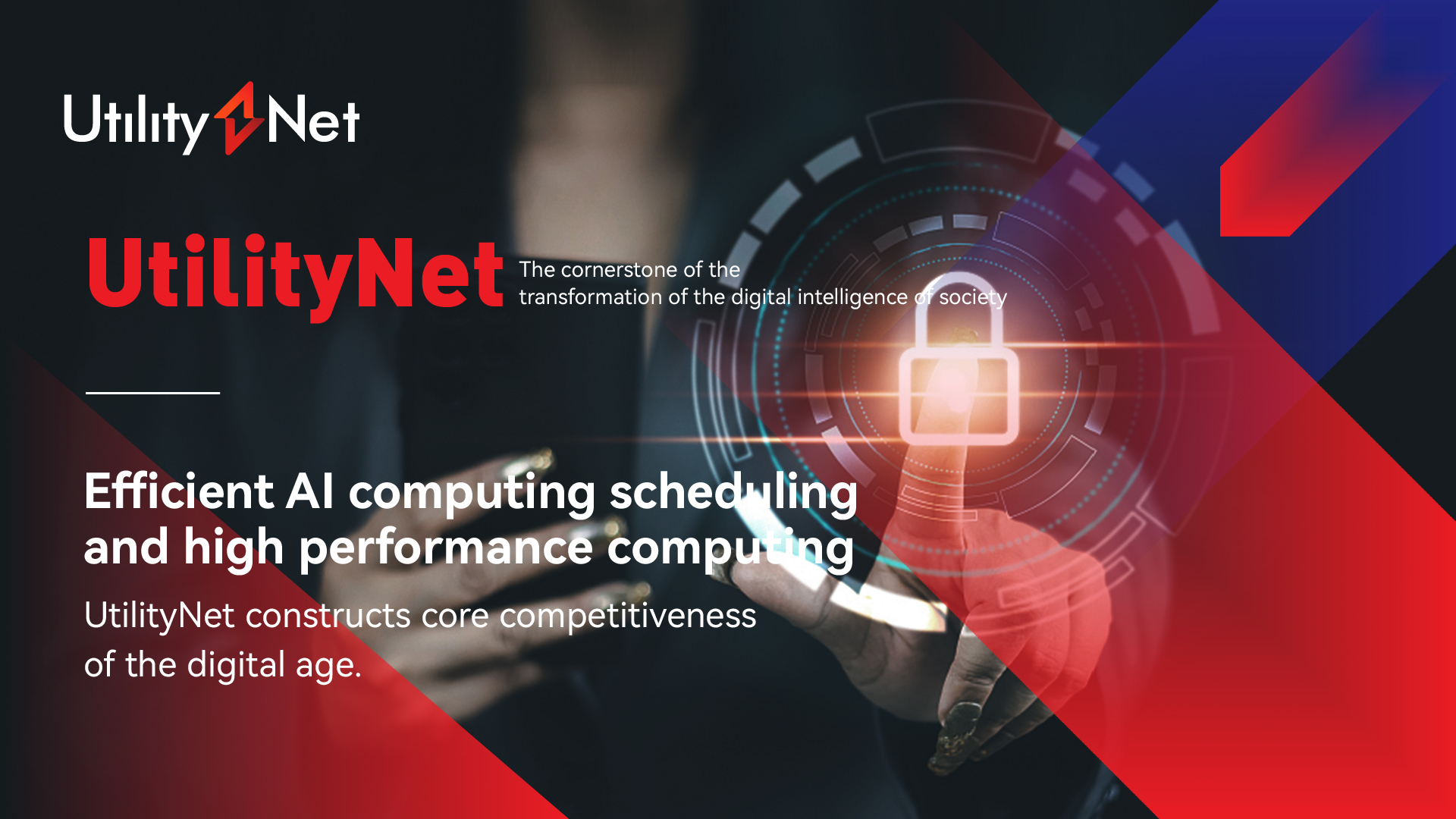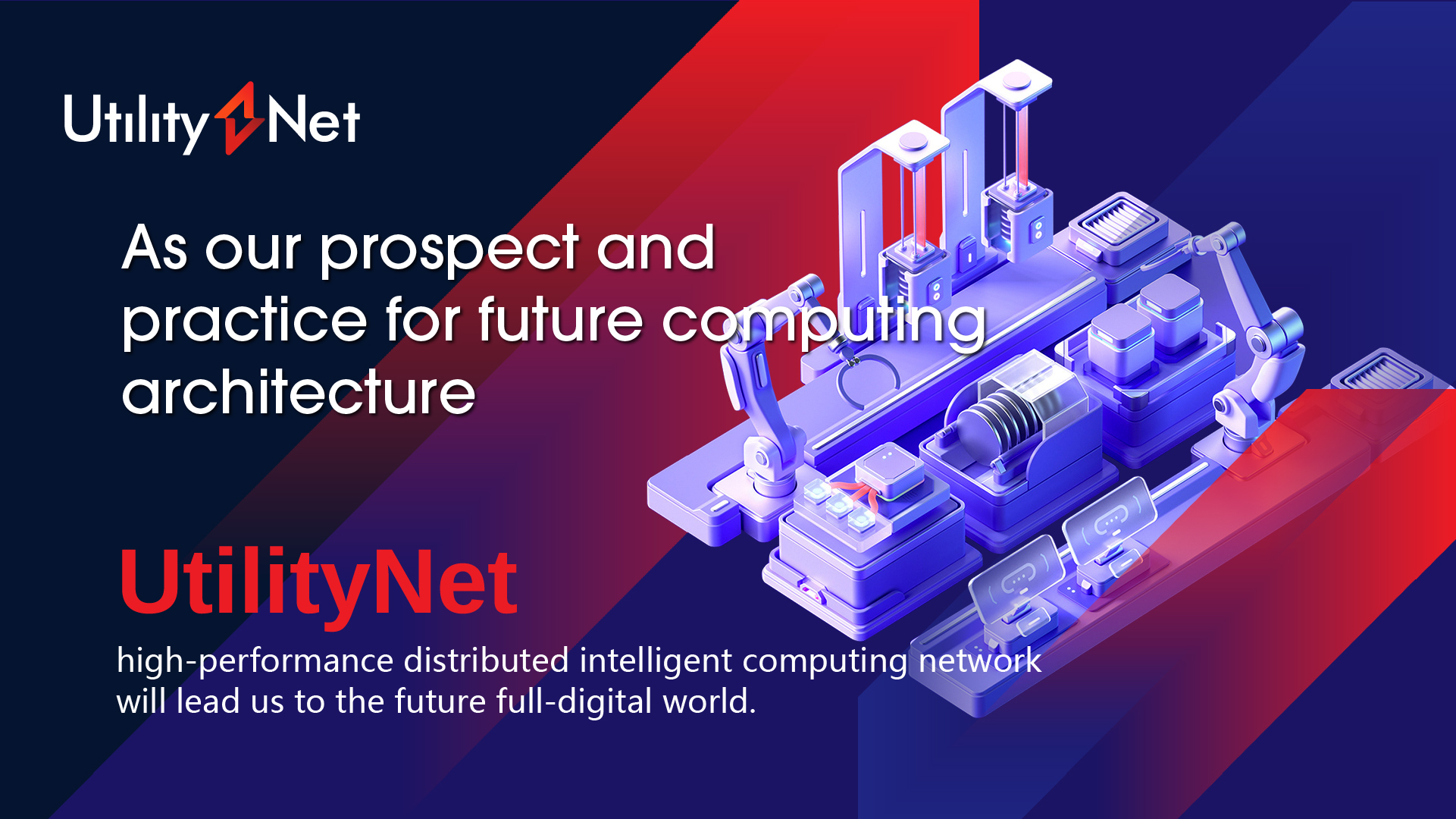2022-11-14
"Computing is the first productive force of the digital economy.” On July 29, 2022, at the SenseTime Science and Technology Sub-forum of the First Computing Conference in China, Gao Shanshan, director of Shandong Sino US Digital Media International Cooperation Research Center said that, in the era of AI, computing infrastructure keeps changing such industries as finance, medicine and data center.

Therefore, AI computing has become the main increment of digital economy development in various countries, and also the foundation of the era of digital economy. Computing represents a new type of productivity. Who owns the computing of the future digital economy industry development will have the ultimate power to lead the development of the digital economy in digital economy. In the past, we may focus on the Internet, infrastructure and software systems when talking about the operation mechanism of computing and information construction. Right now, AI computing applications are transformed from the To C (consumer) end to the To B (business) end and to G (government) end. Scenarios are more diversified, data resources are more abundant, and computing capabilities are more prominent. In the future, under the high computing intensity, it is necessary for us to have the ability to respond in a timely manner and to analyze, sort and apply personalized data in different industries.
With the demand and competition for AI computing, UtilityNet -- decentralized distributed intelligent computing network service system comes with a strong background. UtilityNet is the incentive layer for the establishment of HPCS high-performance intelligent computing distributed network. UtilityNet and HPCS build a more complete network to create a larger, low-cost and more efficient computing chain network, with an aim to create a scheduling network for receiving, distributing and dispatching, which is different from traditional centralized computing network and cloud computing network. UtilityNet will build the world's largest intelligent computing cluster resource pool.

AI computing faces high end challenges
1. The application threshold of AI computing is too high;
2. The application of AI computing in traditional industrial scenarios is contradictory and the incentive mechanism is insufficient;
In order to solve the above problems and break the computing crisis, UtilityNet starts to challenge from the technology. First, we need to understand how computing works. Taking AI computing as an example, CPU, GPU, DSP, can run computing, but there is still a dedicated AI computing chip. Why? It is also related to computing.
AI computing chip is specially used to process AI related computing, which is different from the CPU, GPU, and DSP's "part-time" work in AI computing. Even the most efficient GPU has a gap compared with AI computing chips. AI computing chip exceeds all the above mentioned processors in terms of delay, performance, power consumption, energy efficiency ratio, etc. UtilityNet uses TPU as AI computing professional chip. The computing resources are:
TPU is 15-30 times faster than GPU and CPU. In terms of energy efficiency, TPU has been improved by 30 to 80 times, which is no surprise at all, because the CNN operation run by TPU is mainly matrix multiply, this is the advantage of special chip.
At the same time, UtilityNet is the incentive layer for establishing HPCS high-performance intelligent computing distributed network, which is to create a large, low-cost and more efficient computing chain network to build a scheduling network for receiving, distributing and dispatching. Different from traditional centralized computing network and cloud computing network, UtilityNet will build the world's largest intelligent computing cluster resource pool.

HPCS gathers big data+AI computing through the incentive layer of UtilityNet, creating big models and major scientific research innovation, and incubating new applications. In this way, computing can be networked, computing costs can be reduced, and computing energy efficiency can be improved, laying a solid foundation for AI computing for human society's industrial revolution and civilization leap.
UtilityNet aims to build the world's largest high-performance distributed intelligent computing network, laying a solid AI computing foundation for human society's industrial revolution and civilization leap. As a high-performance distributed computing platform, UtilityNet brings together more than 4 million volunteers from all over the world, with an average of 600000 active hosts. It can easily support the cluster to expand to the scale of ten thousand cards and reduce the end-to-end delay by 90%, thus providing efficient green computing for applications such as artificial intelligence.

In the future
At present, the spatial area of the global computing center is not enough, the data assets are difficult to get through, and the application content of computing power is insufficient, which is the challenges of AI computing right now. UtilityNet will accelerate the construction of artificial intelligence computing center. To UtilityNet, the future computing center is not defined for a certain industry, enterprise or customer, but focuses on global industrial collaboration.